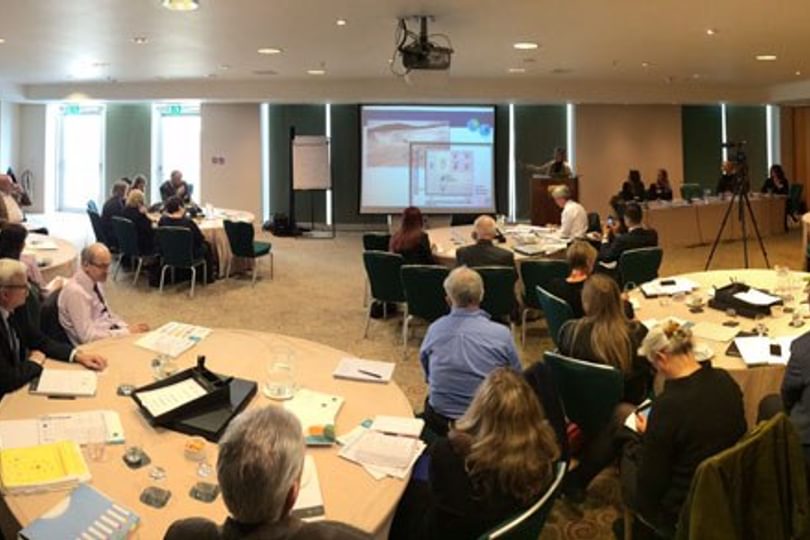
The Welsh Government made history on 29 April, when The Well-being of Future Generations (Wales) Act 2015 received Royal Assent, the first law of its kind to be passed worldwide.
To coincide with the Act, on 28 and 29 April the Human Rights for Future Generations team were partners in a landmark conference to discuss how nations around the world can embed a long term perspective into political processes.
The conference, Making Decisions for a Better Tomorrow, was held in Cardiff and brought together a community of policy-makers and institutions from 14 countries as diverse as the US and India, all of whom are working to ensure that the needs of future generations are built into politics.
Discussions focused on how to reorient decision-making processes towards the long term, while showcasing some of the successes around the world where future generations are considered alongside the needs of the present.
With Wales in the spotlight, the new Act was an example of how to build in the needs of future generations into all aspects of public life. The Welsh legislation has done this by putting in place a duty on public bodies to carry out sustainable development, incorporating seven well-being goals, the establishment of a Future Generations Commissioner for Wales, and national indicators and milestones.
Dominic Roser, James Martin Research Fellow at Human Rights for Future Generations programme, said: "A particularly interesting aspect is the commitment to issue a future trends report a year before each Assembly election. Election campaigns tend to focus on very short-term goals that politicians think will win votes. By publishing trends and data relating to longer term challenges, they will be obliged to balance short term with long term needs in their manifestos. This will be a significant shift in focus."
Jaakko Kuosmanen, the Programme's Co-Ordinator, said: "With Wales joining the small number of existing nations - such as Hungary and Finland - who have incorporated the needs of future generations into their political processes, there was a good deal of optimism at the conference. Finally it feels as if there is real momentum building and that 2015 is a critical year."
Simon Caney, Co-Director of the Human Rights for Future Generations Programme, said: "There is an increasing recognition of the need to reform the policy-making process to address short-termism and to encourage policymakers to take the long view. This event was an ideal opportunity to present the work that I have done with Jaakko Kuosmanen and Dominic Roser on the need to build a concern for the future into the legislative process, and the ways in which having a Committee for the Future, an Independent Futures Council and the use of long term performance indicators can play a vital role. The event nicely brought together key figures from across the world who have been working in institutions designed to protect the interests of future generations. The Welsh have played a key leadership role in pioneering innovative ways of planning for the long term. The time is now right for others to follow their example."
The conference pointed clearly to a need for countries to draw on each other's experience. "Too many nations are unsure of what will work best and so do nothing," said Dominc Roser. "But as Sándor Fülöp of The World Future Council put it 'We must experiment'."
The conference was co-organised by the Office of the Commissioner for Sustainable Futures, the World Future Council, Cynnal Cymru - Sustain Wales, the Welsh Government and the Oxford Martin Programme on Human Rights for Future Generations.